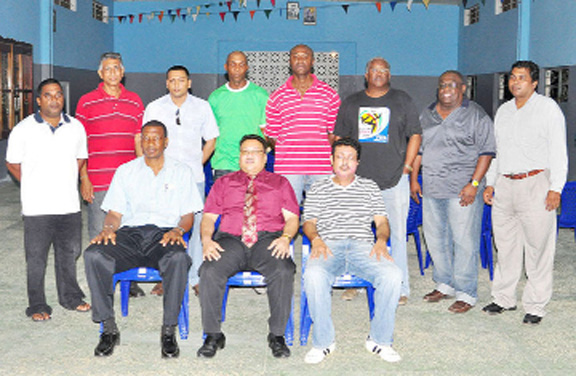The past year or so of cricket in Guyana has been one of woeful underperformance on the field and fierce conflict and crisis in the board rooms of its administration. What has long been a sorry tale of administrative incompetence and abysmally low standards on the field of play has descended into a state of near anarchy characterised by warring factions at the level of the Demerara Cricket Board of Control. So bitter is the feud that recently two separate sets of elections were held for Board executives and it is now left to the courts to determine which executive is the legitimate one. In the leadup to the current sorry state of affairs accusations of mismanagement of monies and even corruption flew thick and fast; the whole sordid affair arrived at a terrifying low when Board Treasurer Pretipaul Jaigobin was doused with acid leaving him horribly scarred in an attack which he claimed was cricket-related.
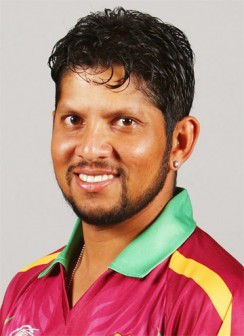
The fact that the administration of cricket in the capital has clearly lurched out of control in what appears to be a ferocious feud over power is reflected in the abysmal state of local cricket on the field. Trinidad and Tobago’s deserving return to this year’s Airtel Champions League T20 Tournament just over a week ago put into perspective the aberration of Guyana’s brief hold on the championship. Our returns from winning the championship, a trip to South Africa last year to participate in the Airtel Champion-ships, was, by any stretch of the imagination, an unmitigated disaster. In contrast to T&T’s loss in the finals in the first ever Airtel League tournament in 2009, Guyana last year, served up a series of abysmal performances in South Africa. Apart from having failed to win a single game, their performances clearly suggested that they were simply not in the same league as the other teams in the tournament.
This year, they travelled to Antigua and Barbados to defend the regional T-20 title with little to recommend them bar the fact that they were the defending champions and if it may be unfair to say that their progress to the second round was the result of a greater measure of luck than
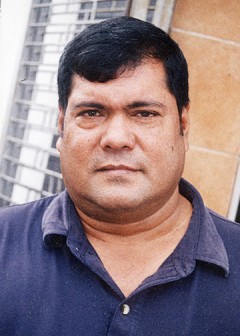
effort, their two victories over Somerset and the Combined Campuses and Colleges emerged from two low-scoring nail-biters from which they could have drawn little comfort. Sooner or later, their propensity for salvaging victories from unimpressive, down-to-the-wire scraps was bound to let them down. It duly did against the Windwards where they lost yet another close and scrappy encounter.
What was perhaps most noteworthy during their abortive attempt to hold on to the regional T-20 title was how little the travelling management were able to motivate the team and a point was quickly reached where the repetitive grumbling of coach Rabindranauth Seeram about the team’s batting appeared like a stuck record.
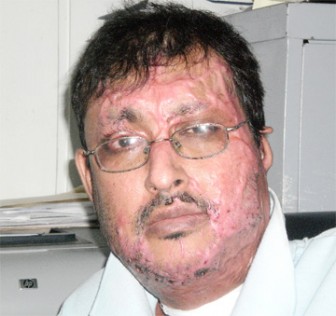
It is no secret that the T-20 game has not progressed in Guyana even to the level of some other Caribbean territories. Indeed it appears that we are yet to come to grips with the rudiments of this particular version of the game, a circumstance that is reflected in our failure to produce specialists in the shortest version of the game in the manner that other countries in the Caribbean and beyond have done.
Here, the point should be made that neither Shivnarine Chanderpaul or Ramnaresh Sarwan are natural T-20 players though the former has proven himself to be proficient in all forms of the game. When you speak of specialists you think of the likes of Keiron Pollard whose relentless big hitting is specifically honed for that particular form of the game and who, having taken quite a few runs off a decidedly lesser number of balls can then offer four respectable overs for somewhere between 30 and 40 runs…and Dwayne Bravo, no power player in the mould of Pollard but an accomplished utility player whose skills are spread adequately over every aspect of the game; and then of course there is Chris Gayle.
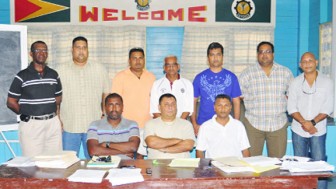
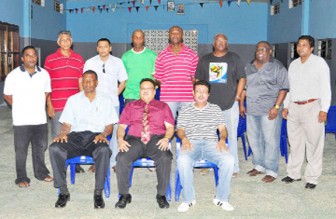 It is not by accident that no Guyanese player has ever been considered sufficiently valuable to merit a place on an IPL team and frankly it is not, at this stage, difficult to see why. Our players have simply not been able to benefit from the level of specialised coaching and application necessary to become adept at one or another of the disciplines that comprise the T-20 game.
It is not by accident that no Guyanese player has ever been considered sufficiently valuable to merit a place on an IPL team and frankly it is not, at this stage, difficult to see why. Our players have simply not been able to benefit from the level of specialised coaching and application necessary to become adept at one or another of the disciplines that comprise the T-20 game.
Ideally you bank off some measure of all-round team proficiency in order to succeed at the highest level, in circumstances where that is not the case, you at least seek to develop some considerable strength in at least one department. Both of these pursuits require that your team include a few specialists, game changers, the types of players who can make telling interventions over brief periods with bat or ball or both. Not only have we never been able to produce such players Guyana’s T-20 performances, specifically at the 2010 Airtel and this year’s regional tournament, reveals a much lower level of competence than is required to do well in the ‘big league.’
